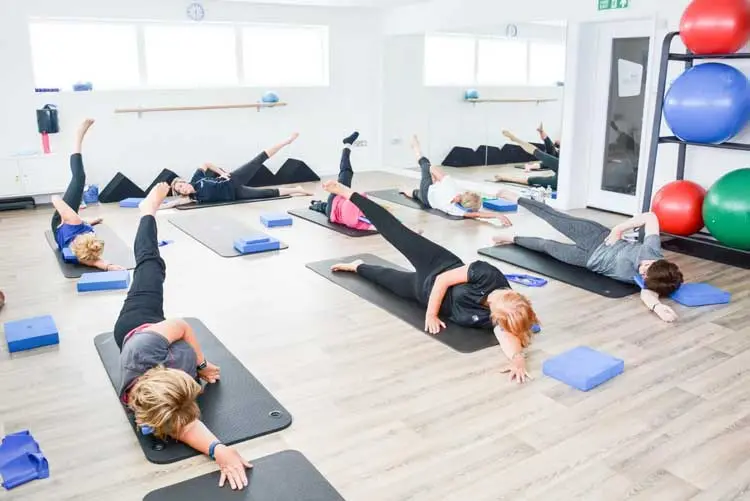Musculoskeletal (or MSK) conditions are those that affect your bones, joints, and muscles. At goPhysio, that’s what we specialise in helping you with. As healthcare professionals, we ensure that the care and help we provide follows ‘best practice’, so we always make sure what we are doing is current, backed by evidence and is the best way to help!
But what does best practice care for MSK pain look like? A few years ago, a systematic review was carried out of recommendations from a number of high-quality clinical practice guidelines. From this, they came up with 11 best practice recommendations for care in MSK pain. We thought we’d take a closer look at what each of these 11 recommendations mean for you and how we implement them at goPhysio.

CARE SHOULD BE ‘PATIENT CENTRED’ Patient centred care is about ensuring the people who we see at goPhysio are at the centre of everything we do. This means that care, support and traetment we provide is personalised to you.
SCREEN FOR SERIOUS PATHOLOGY / RED FLAGS We make sure we ask the right questions and do the right tests to check that nothing ‘serious’ is going on. If we highlight that something might be a concern we signpost you immediately so that you get the help you need.
ASSESS FOR PSYCHOSOCIAL FACTORS We can not overlook the influence that psychological or social factors can have on us and how they can affect our physical and mental health. Best care ensures al these factors are taken into consideration when we help you.
IMAGING IS ONLY NEEDED IF SPECIFICALLY INDICATED It’s common to think that you need an X-Ray or a scan to find out what’s going on. But the truth is, scan or X-Ray imaging is only needed in very specific circumstances. If we feel you need further investigations, we can arrange a referral.
CARRY OUT A PHYSICAL EXAMINATION This is a crucial part of your appointment. A thorough physical assessment will include looking at your strength, movement, mobility and neurological function. The history of your condition, careful questioning and our experience helps to guide the physical assessment.
EVALUATE PROGRESS USING OUTCOME MEASURES We use a variety of very simple tools to accurately measure and track your progress. This helps both you and us evaluate how you’re doing, keep us focused on your goals and tailor your care for the best results.
PROVIDE INFORMATION ABOUT CONDITION AND MANAGEMENT OPTIONS Individualised education and information is a key part of your journey. It helps you understand your condition and play an active part in your own care. We take lot’s of time to explain things in a way you can understand and encourage lot’s of questions!
HELP ADDRESS PHYSICAL ACTIVITY OR EXERCISE Tailored exercises and activities will really help your MSK condition. It may be exercises to help with your strength, flexibility, balance, mobility and overall function. We may incorporate sport or activity specific exercise, all depending on your lifestyle and what you love or need to do!
MANUAL THERAPY SHOULD ONLY BE USED ALONGSIDE OTHER TREATMENTS Evidence is pretty strong that manual therapy (hands on treatments) should only be carried out alongside other treatments, such as exercise, psychological therapy, information/education, and activity advice and not as a stand-alone treatment.
OFFER EVIDENCE-INFORMED NON-SURGICAL CARE PRIOR TO SURGERY It is quite clear that non-surgical management should be offered and tried prior to considering surgery for an MSK condition. Surgery should only be considered if there is a specific serious pathology or if non-surgical care is not effective and the condition is limiting function.
FACILITATE CONTINUATION OR RESUMPTION OF WORK Staying in or getting back to work is really important and this should be a crucial part of your care. You may need guidance on modifying work activities, adapting tasks or resuming duties gradually, but these are all things we can help with.




